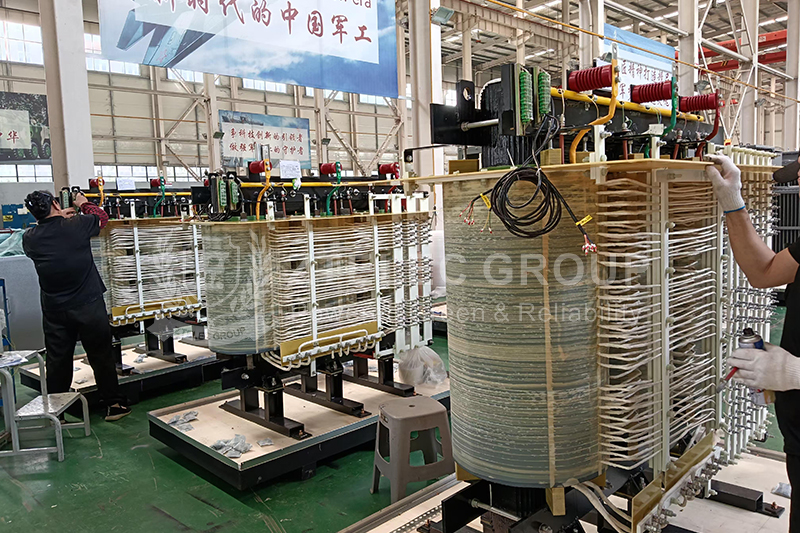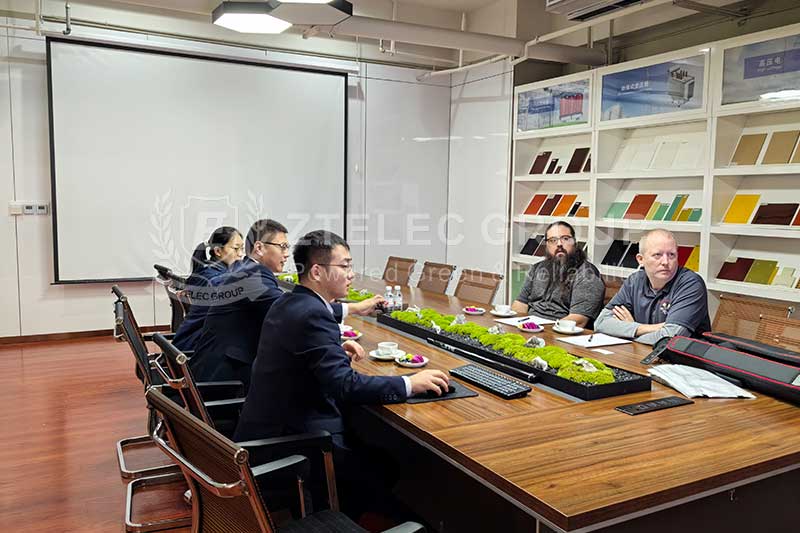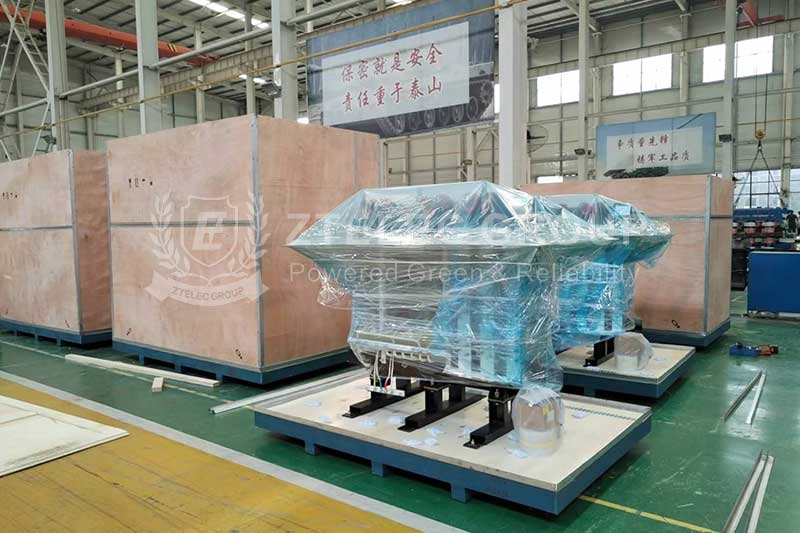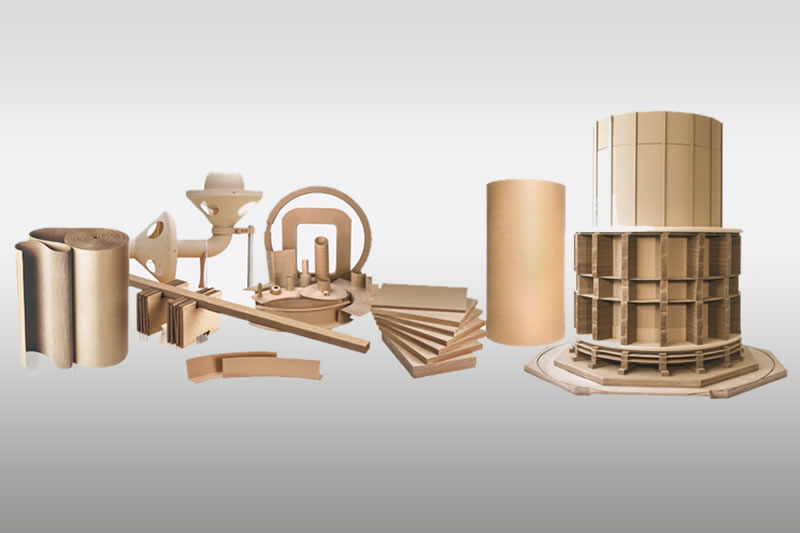Epoxy fiberglass sheet thermal conductivity
Epoxy fiberglass sheet thermal conductivity
The thermal conductivity of epoxy fiberglass sheet is generally between 0.25 and 0.35 W/(m·K).
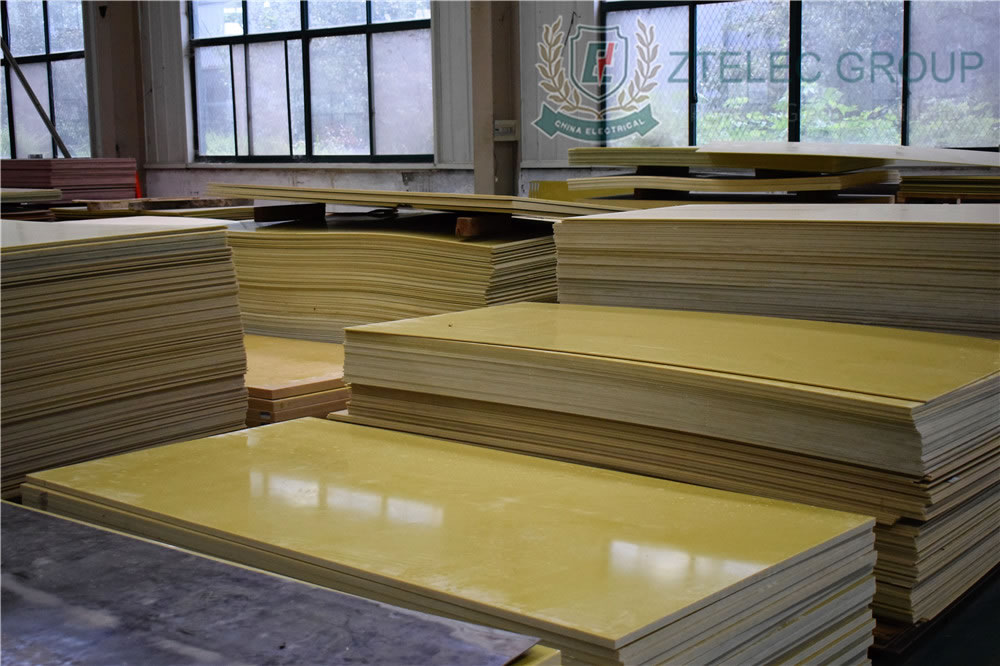
1. Thermal conductivity of epoxy fiberglass sheet
Epoxy fiberglass sheet is a material commonly used for insulation and heat insulation, and its thermal conductivity is low. Thermal conductivity refers to the ratio of the heat flow density of thermal conduction to the temperature difference under the unit thickness of the material. The thermal conductivity of epoxy fiberglass sheet is generally between 0.25 and 0.35 W/(m·K), and the specific value varies due to differences in production process and production materials. In contrast, the thermal conductivity of metal is much higher, such as aluminum and copper, which are 205 W/(m·K) and 385 W/(m·K), respectively.
2. Factors affecting thermal conductivity
The reason why the thermal conductivity of epoxy fiberglass sheet is low is that its material contains a large amount of air and glass fiber. When there is a large amount of air in the material, the heat flow conduction needs to be reflected and refracted multiple times in the air, thereby reducing the thermal conductivity. In addition, due to its low thermal conductivity, glass fiber also reduces the thermal conductivity of the entire material.
In addition to the material composition, the thermal conductivity of epoxy glass fiber board is also affected by other factors. For example, the material thickness, density, structure, etc. will have a certain impact on its thermal conductivity. Generally speaking, the thicker the material and the greater the density, the lower its thermal conductivity. At the same time, the thermal conductivity of the same epoxy glass fiber board may be different under different structural forms.
3. Application fields
Due to its low thermal conductivity, epoxy glass fiber board has a wide range of applications in insulation and heat insulation. For example, in construction projects, epoxy glass fiber board can be used for fire isolation, heat insulation, flooring, wall panels, etc. In the power industry, it can be used for insulation, heat insulation, sealing, etc. In addition, it also has important applications in fields such as shipbuilding and automobile manufacturing.
[Conclusion]
The thermal conductivity of epoxy glass fiber board is low, generally between 0.25~0.35W/(m·K). The size of its thermal conductivity is mainly affected by factors such as composition, thickness, density, and structure. Due to its excellent insulation and thermal insulation properties, epoxy fiberglass board is widely used in construction, electric power, shipbuilding, automobile manufacturing and other fields.
- more+releated article
- 2026-01-04Common Power Transformer Faults: Causes, Solut
- 2025-12-312026 New Year Holiday Notice
- 2025-12-31Operation, Maintenance, and Service Life Manag
- 2025-12-30How to Select a 100 kVA–500 kVA Distribution
- 2025-12-29The Impact of NHN NMN Composite Insulation on
- 2025-12-26Practical Application of GPO-3 Insulation Boar
- 2025-12-2510kV Transformer Replacement Timeline: Install
- 2025-12-25Low Smoke EN45545 GPO3 UPGM203 Laminated Board
- 2025-12-24Merry Christmas — ZTelecgroup Christmas Cele
- 2025-12-24How to Select a Suitable 50kVA–500kVA Distri

